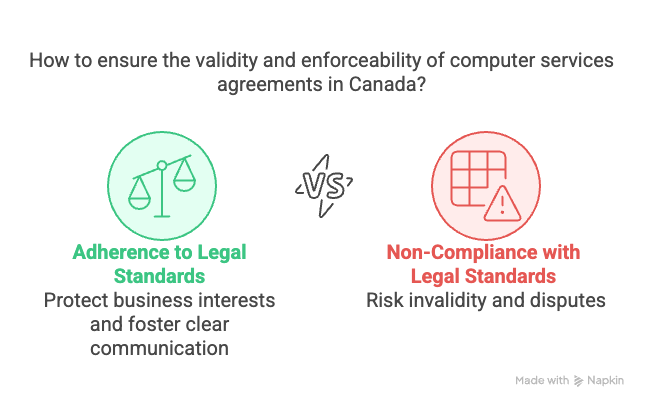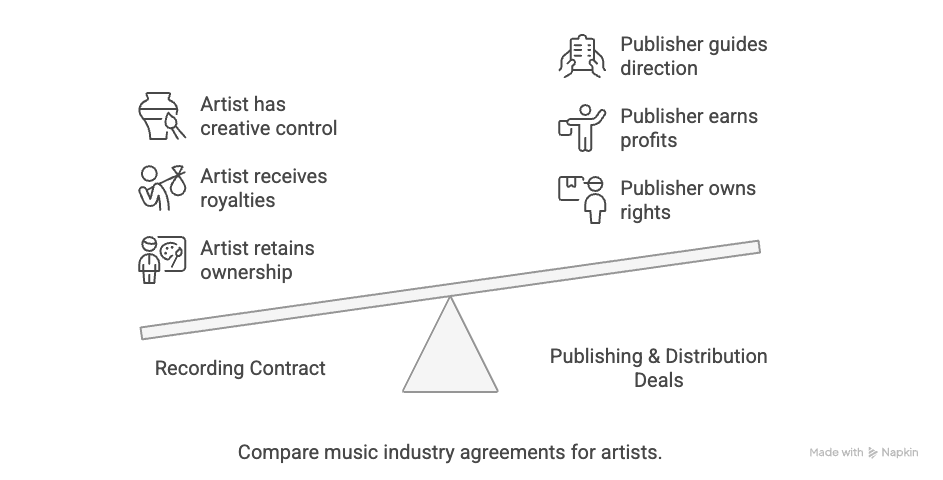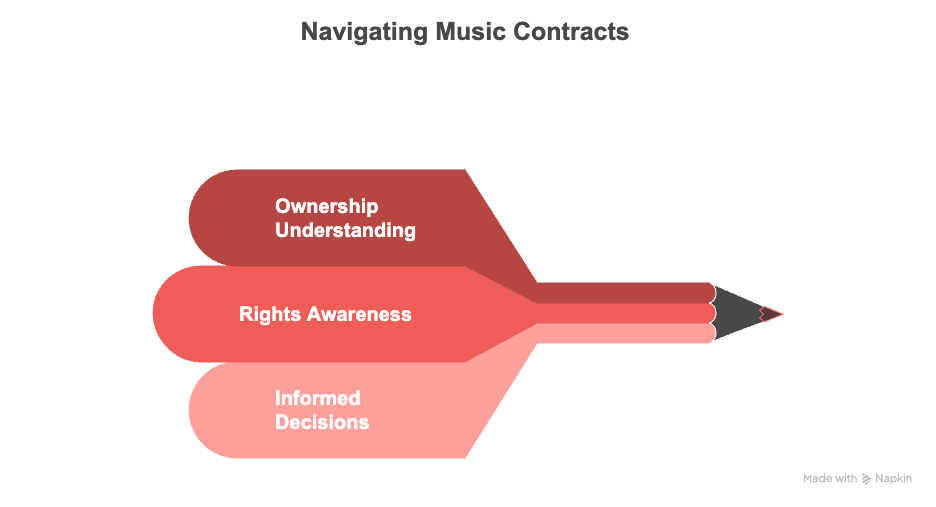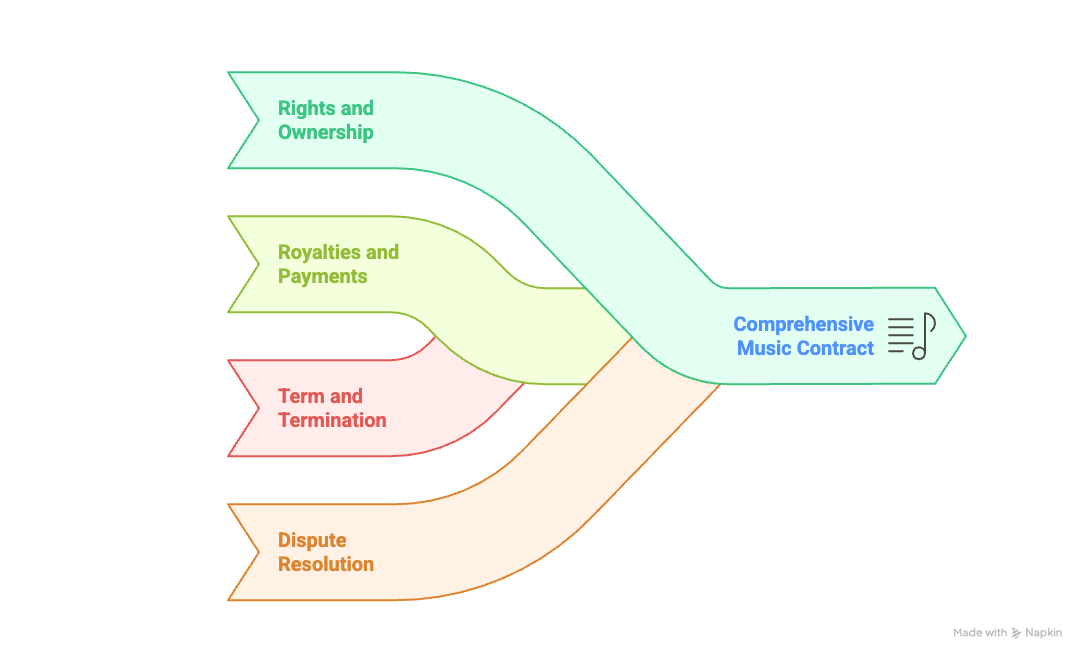
Legal Requirements For Computer Services Agreement In Canada
Last Updated on May 10, 2025
Creating a computer services agreement isn’t just good business practice — in Canada, it’s a legal safeguard. Whether you’re a freelance IT consultant, a managed service provider (MSP), or a business outsourcing IT services, understanding the legal requirements ensures your contract is enforceable, compliant, and protective of your rights.
Why Legal Compliance Matters
In the absence of a properly structured agreement, you could face payment disputes, liability issues, or breaches of confidentiality without legal recourse. A legally valid agreement protects you under provincial and federal laws and reduces the risk of misinterpretation or non-performance. It also builds trust with your clients and gives your business a more professional reputation.
Moreover, failing to include proper legal terms can invalidate parts of the agreement, potentially leaving you unable to recover costs or enforce obligations. Legal compliance isn't optional — it’s a critical element of doing business in Canada.
Key Legal Elements to Include in a Canadian IT Services Contract
1. Clear Offer and Acceptance
Each party must clearly agree to the terms. Ensure both sides sign the document and retain a dated copy. If services are revised, update the contract accordingly.
2. Consideration (Payment and Exchange of Value)
The contract must specify what the service provider receives in return - usually a monetary fee. This forms the legal foundation for enforceability.
3. Capacity to Contract
Both parties must have legal capacity (e.g., not minors, mentally competent, and authorized to bind their respective companies). In corporate contracts, the signatory should have authority.
4. Legality of Purpose
The services described must not involve any illegal activities or violations of industry regulations. Contracts involving illegal services are unenforceable.
5. Clear and Complete Terms
Ambiguous language can render a contract unenforceable. Include detailed scope, deliverables, payment schedules, termination clauses, and change control procedures.
6. Governing Law and Jurisdiction Clause
Specify which province's laws govern the agreement (e.g., Ontario, British Columbia). This determines how disputes will be resolved and which court has authority.
7. Signature and Execution Section
Digital signatures are legally valid under Canada’s Personal Information Protection and Electronic Documents Act (PIPEDA), provided proper records are kept.
Additional Legal Protections to Include
Confidentiality Clause
Protect sensitive business data and ensure both parties are held to non-disclosure standards. Include duration and scope of confidentiality.
Data Protection Obligations
If personal information is involved, include clauses that comply with PIPEDA. Detail how data will be stored, accessed, and protected. You may also need to disclose subcontractor access.
Limitation of Liability
Limit the financial liability of the service provider for indirect damages or data loss. Set a maximum cap, such as total fees paid under the agreement.
Dispute Resolution Mechanism
Outline steps for handling disagreements - including negotiation, mediation, arbitration, or small claims court.
Intellectual Property Ownership
Define who owns the deliverables. Typically, the client owns project-specific assets, while the provider retains ownership of pre-existing tools.
Force Majeure Clause
Protect both parties from liability in case of events outside their control, such as natural disasters or cyberattacks.
Common Legal Mistakes to Avoid
- Using outdated templates not tailored to Canadian law
- Failing to specify IP ownership and licensing
- Leaving out renewal or termination terms
- Not including client obligations and cooperation expectations
- Omitting required data privacy language for cloud or SaaS services
- Assuming e-signatures are valid without consent or proper recordkeeping
- Forgetting to include a clause for governing law and venue
Download a Legally Compliant Template for Free
Skip the guesswork and use our lawyer-reviewed computer services agreement template. It’s tailored to Canadian small businesses, MSPs, and freelance providers.
Download the Free Computer Services Agreement Template
Ready to apply what you've learned? Get instant access to the Computer Services Agreement PDF - free, editable, and built for Canadian businesses. No sign-up required.
Frequently Asked Questions
Answers to common questions about Legal Requirements For Computer Services Agreement In Canada.
Is a verbal agreement legally binding in Canada?
It can be, but it's hard to enforce. Written agreements are strongly recommended and far easier to uphold in court.
Do I need to register the agreement with a legal body?
No. A signed agreement is enforceable on its own under Canadian contract law. There’s no requirement for public registration.
Can I use an electronic signature?
Yes. Electronic signatures are recognized under PIPEDA and most provincial laws, provided both parties consent and a copy is retained.
What happens if the client doesn’t pay?
A properly written agreement gives you the legal standing to pursue payment through small claims court or collections. Always include payment terms and late fee clauses.
Is it OK to use a U.S. template in Canada?
Not recommended. U.S. templates may not comply with Canadian contract law, privacy regulations, or language requirements in bilingual provinces.
What should I include to comply with PIPEDA?
Specify how personal data is collected, stored, accessed, shared, and protected. Also include a breach notification process and retention policy.
Do I need legal review before using a template?
If your agreement involves significant value, personal data, or cross-border services, having a lawyer review your template is strongly advised.
Explore More in Creative Digital Contracts
Discover curated templates in Creative Digital Contracts to help your business stay compliant and efficient.


